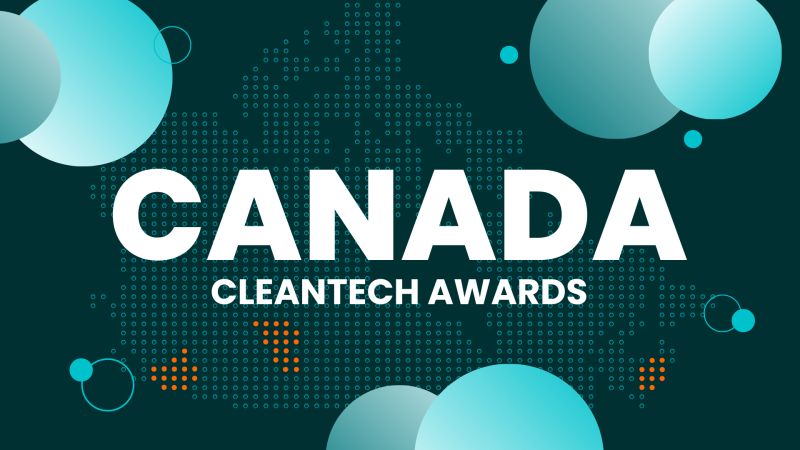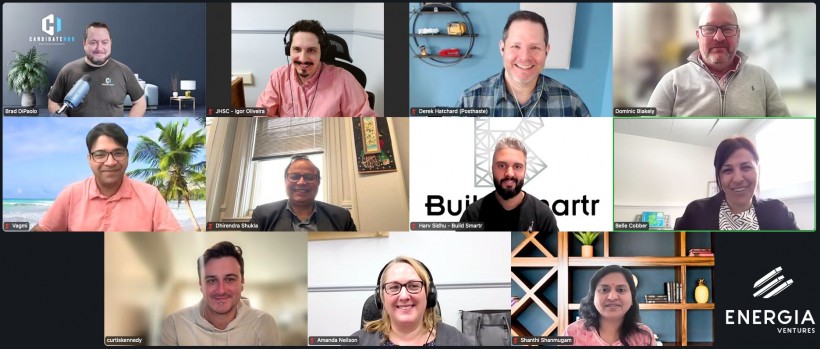Nathan and Gregory Armstrong, two brothers studying at University of New Brunswick in Fredericton, are working on an intriguing proposition to reduce the cost and environmental footprint of waste-water cleanups.
They want the methane gas produced by such waste water to provide the energy for the cleanup process. And they have formed a company called CeteX to develop the technology, which will require preliminary seed funding of about $250,000.
CeteX is still in the conceptual stage, but the Armstrongs are moving forward with their plans. They have entered the company in the New Brunswick Innovation Foundation’s Breakthru competition.
Gregory, a chemical engineering student, came up with the idea when he was working in a co-op term in the Black Forest in Germany and he noticed the gases released by industrial waste water at the plant where he was working.
Armstrong realized that if the gases could be captured and converted to fuel, it could provide a source of energy that could power the cleanup process.
He shared the idea with Nathan, who is studying business, and together they began to work on CeteX.
Nathan said in an interview that the estimated market for waste-water treatment and maintenance in Canada alone is about $1.1 billion, and that the Canadian government has projected that $5.7 billion will be invested in waste-water treatment by 2020.
Medium-sized businesses, in particular, need help with treating waste water, as they are unable to flush away the water they have used, and fines for not meeting regulations on waste-water disposal can reach $100,000.
The brothers have taken an existing process (known as anaerobic membrane bioreactor technology) and found a way to make it more cost effective so companies other than multinationals can afford to use it.
They propose fitting all the needed technology into a mobile van, backing it into a plant and letting a client try out the system without an expensive upgrade to its infrastructure.
The system would tap the methane gas produced by the filthy water and then burn that gas for the energy needed for the cleanup process.
Not only would it extract methane, the process would also produce ultra-filtered water that could be recirculated into the plant, reducing the customer’s water consumption.
CeteX needs first of all to finance some time in a lab at UNB so that it can validate its technology, and it is also working on a process to apply for a patent.
In all, Nathan estimates it would cost about $250,000 to develop a mobile prototype that would allow the company to work with early adopters.









